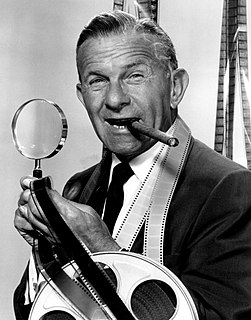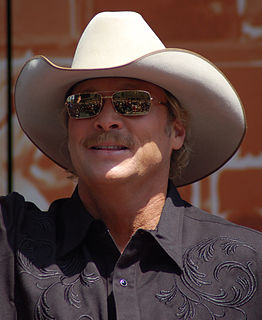A Quote by Charles Bukowski
If I write badly about blacks, homosexuals and women, it is because of these who I met were that. There are many 'bads' - bad dogs, bad censorship; there are even 'bad' white males. Only, when you write about 'bad' white males, they don't complain about it. And need I say that there are 'good' blacks, 'good' homosexuals and 'good' women?
Related Quotes
When it comes to partisan politics, everyone is a hypocrite. And all they care about is whether it hurts or helps them ... Is it good or bad for the Democrats? Is it good or bad for the Republicans? Is it good or bad for Jews, or good or bad for blacks, or is it good or bad for women? Is it good or bad for men? Is it good or bad for gays? That's the way people think about issues today. There is very little discussion of enduring principles.
The Declaration of Independence, the Constitution, and the Bill of Rights were all written by affluent white males, but to discuss them in any meaningful way, you have to bring in the roles of African Americans - the enslaved blacks - and the roles of women, who were scarcely acknowledged by those documents. You have to discuss why slavery wasn't outlawed by the Constitution, why women weren't given the votes. The Bill of Rights isn't about dead white males anymore, and it's not just about live white males either; it's about every minority group that exists.
A successful poem says what a poet wants to say, and more, with particular finality. The remarks he makes about his poems are incidental when the poem is good, or embarrassing or absurd when it is bad and he is not permitted to say how the good poem is good, and may never know how the bad poem is bad. It is better to write about other people's poetry.
If anything good came out of 9/11, to me, was that people were so cynical about the world - all you hear about on the news is all the bad stuff everyday, but what was refreshing to me was after that, you saw how many good people there are out there. For every one bad one, there's a thousand good ones.
The gospel of the Savior is not simply about avoiding bad in our lives; it also is essentially about doing and becoming good. And the Atonement provides help for us to overcome and avoid bad and to do and become good. Help from the Savior is available for the entire journey of mortality - from bad to good to better and to change our very nature.






































